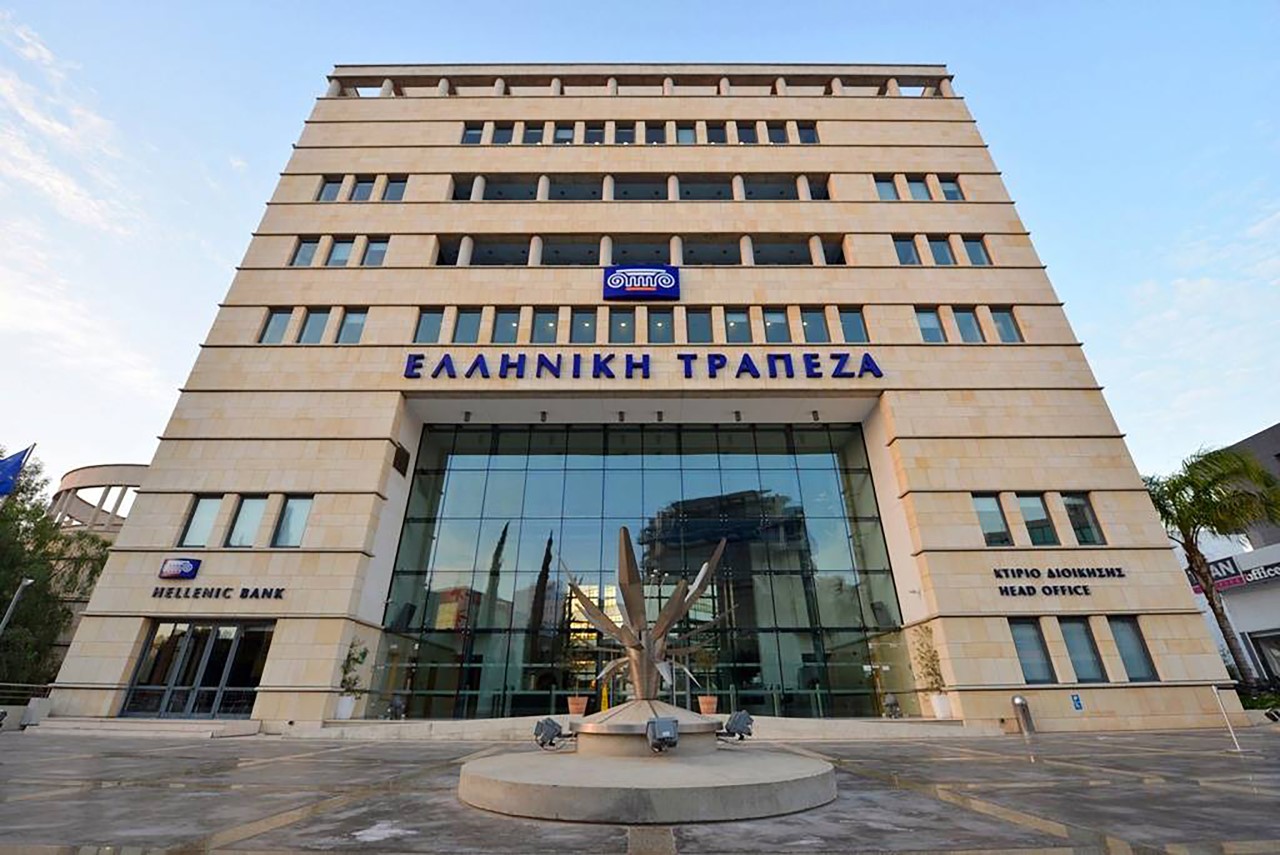Early Easter Sweetens UK Retail Sales Amid Economic Gloom
The British Retail Consortium (BRC) has reported a notable uptick in UK retail sales for March, attributing the surge largely to an early Easter that spurred food spending across the nation. The 3.5 percent year-on-year increase marked the most significant rise since August, outpacing the latest consumer price inflation for the first time in over two years. This growth comes as a breath of fresh air for an economy that had dipped into a shallow recession in the latter half of the previous year.
Despite the positive headline figure, the BRC cautioned that the overall retail landscape remains subdued. The spike in sales was not seasonally adjusted, reflecting the early arrival of Easter Sunday on March 31, which typically catalyzes a rush for food purchases. BRC chief executive Helen Dickinson highlighted that apart from food, other sectors suffered due to March’s wet weather, which dampened sales in categories such as garden furniture, home improvement items, and apparel.
The Met Office confirmed the dreary conditions, citing a 27 percent increase in rainfall compared to the average, with some regions in southern England experiencing double their usual precipitation. These conditions likely contributed to a 1.9 percent decline in non-food spending over the first quarter, even as food sales jumped by 6.8 percent compared to the same period last year.
Barclays’ separate consumer spending figures echoed this muted sentiment, with growth holding at 1.9 percent in March—tied for the lowest annual rate since September 2022. However, certain entertainment releases like “Dune 2” and events such as St Patrick’s Day and rugby matches provided a modest boost.
Looking ahead, there is cautious optimism among businesses. Karen Johnson, head of retail at Barclays, suggests that improving weather conditions, lower energy costs, and wage growth might fuel better demand. Additionally, high-profile events like Taylor Swift concerts and the Olympics are expected to draw crowds and potentially stimulate spending in the coming months.






